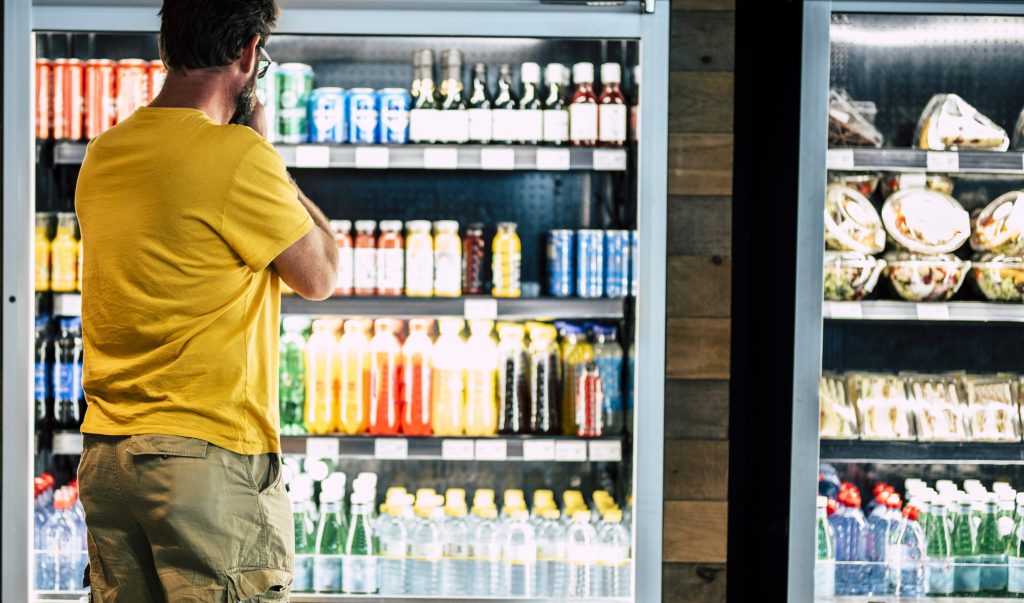On 11 January 2019, the EUIPO upheld an application by Irish fast food chain, Supermac’s to cancel McDonald’s BIG MAC EU trade mark, registered since 1998! If McDonald’s appeal is unsuccessful, their longstanding EU registration will be removed from the register.
For a long time, McDonald’s have been using their earlier rights to block registration of SUPERMAC’S in the EU, so the aim of the cancellation was presumably to increase Supermac’s chances for achieving registration (by removing one of McDonald’s strongest marks).
In support of the cancellation action, Supermac’s argued that McDonald’s had not put BIG MAC to genuine use within the EU for a continuous period of 5 years. To succeed in showing genuine use of a trade mark, you need to show the place, time, extent and nature of use and that use needs to be sufficient to create or preserve a market share in the industry concerned.
In defence, McDonald’s submitted the following:
- 3 affidavits with sales figures in relation to Bic Mac sandwiches with examples of their packaging;
- Brochures and printouts of their Big Mac sandwiches and their packaging;
- Printouts from their various EU websites depicting Bic Mac sandwiches; and
- A print out from Wikipedia providing information on Bic Mac sandwiches and its history, content and nutritional values.
It seems “obvious” that McDonald’s have used the Big Mac trade mark. Walk in to any McDonald’s and you are sure to find those burgers on offer. However, despite this and the above evidence, McDonald’s didn’t succeed in showing genuine use and seemingly for one major reason: they did not show conclusive and objective evidence that Big Mac’s were actually offered for sale in the EU and on what sort of volume. Their affidavits containing statements about sales figures in France, Germany and the UK were given very little weight because they came from employees of McDonald’s and not independent third parties.
Whilst the decision does not stop McDonald’s from selling their Big Mac burgers, and they have other EU registrations for BIG MAC, it is certainly not an ideal scenario….
The outcome of this case highlights the importance of documenting your trade mark use and that different offices have varying evidential requirements. The EUIPO takes a slightly more strict approach to the UKIPO, which is more amenable to evidence in the form of a witness statement submitted with an accompanying statement of truth.
Therefore, it is important to document use of a trade mark that includes objective proof of use such as invoices, purchase orders and shipping details, to ensure that you are in the strongest possible position to maintain or acquire strong enforceable trade mark rights.
For further information or for advice on UK and EU trade mark matters, please do not hesitate to contact Ed Carstairs via edward.carstairs@gje.com.





